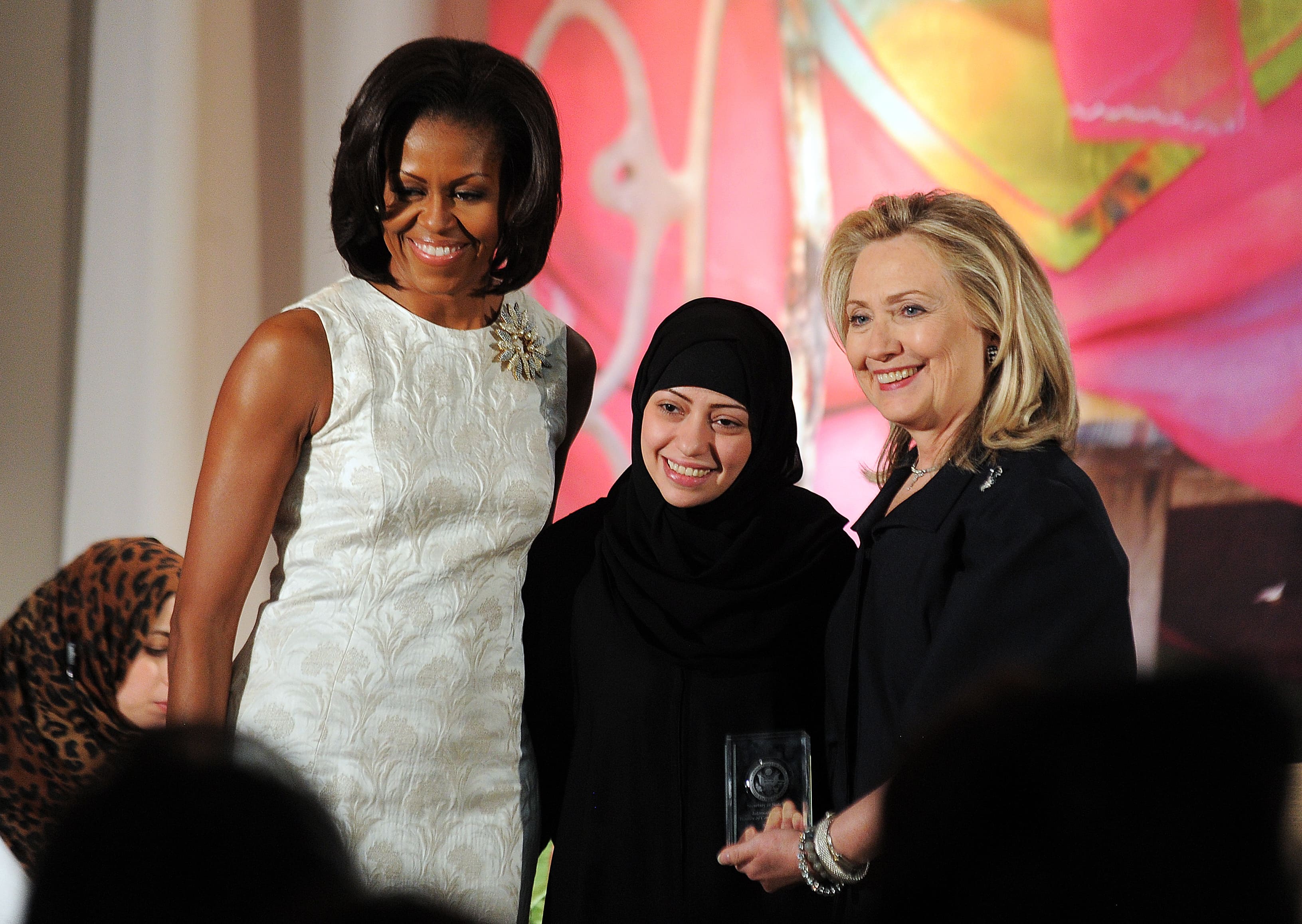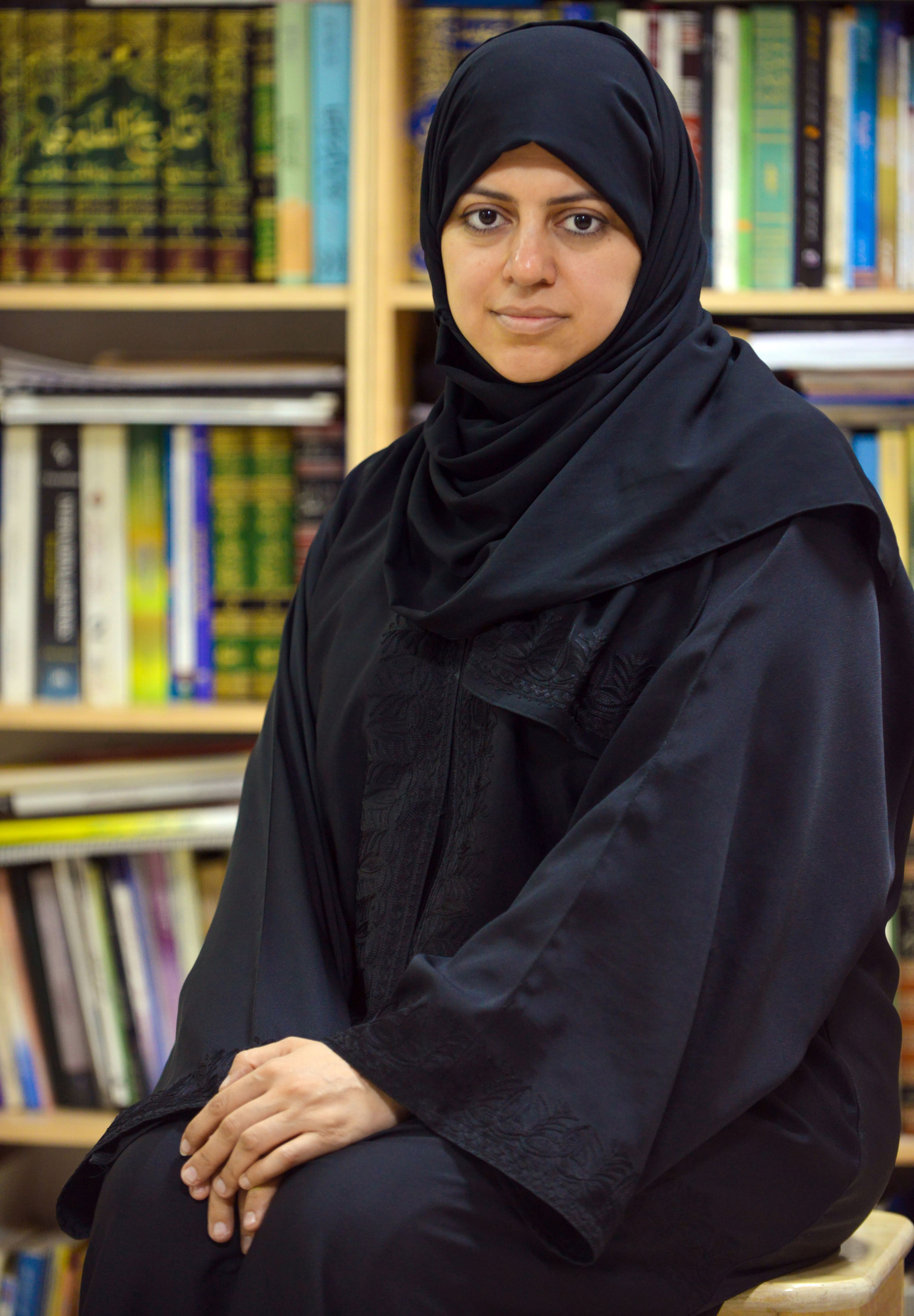These Two Saudi Activists Jailed For Fighting For Women’s Right To Drive Have Been Freed After Three Years
Samar Badawi and Nassima al-Sadah, two prominent Saudi women’s rights activists detained nearly three years ago, have been freed after completing their sentencest, Saudi rights group ALQST said.

Samar Badawi and Nassima al-Sadah, two prominent Saudi women’s rights activists detained nearly three years ago, have been freed after completing their sentences, Saudi rights group ALQST said.
The two were arrested in Jul. 2018 and sentenced to five years in prison, with two years suspended. It is unclear what charges they faced, Reuters reported.
The women had been critical of the kingdom’s restrictions on women, including the guardianship system and the ban on women driving.
Their arrest came a few weeks after Saudi Arabia arrested around a dozen other activists who were pushing for an end to the driving ban.
The country lifted the ban shortly after the arrests as one of the historical social reforms by crown prince Mohammed bin Salman.
Badawi was one of the first women to sign a petition calling on the government to allow women to drive, vote and run in local elections.

She received the United States’ International Women of Courage Award in 2012 for challenging the guardianship system.
Al-Sadah, also a prominent human rights writer and activist, ran for election in the 2015 elections but was disqualified and filed a lawsuit against the traffic department for women’s right to drive.

Amnesty International said she had been held in solitary confinement for a year without charges or a trial and was not allowed to see her children or lawyer for months at a time.
The release of Badawi and Al-Sadah come after fellow prominent women’s rights activist Loujain al-Hathloul was released from prison in February after 1,001 days.
However, all three face a five-year travel ban as part of their conditional release, AP reported.
“These brave women should have never been detained in the first place. They should have been appreciated for leading change in Saudi Arabia,” Human Rights Watch said.




